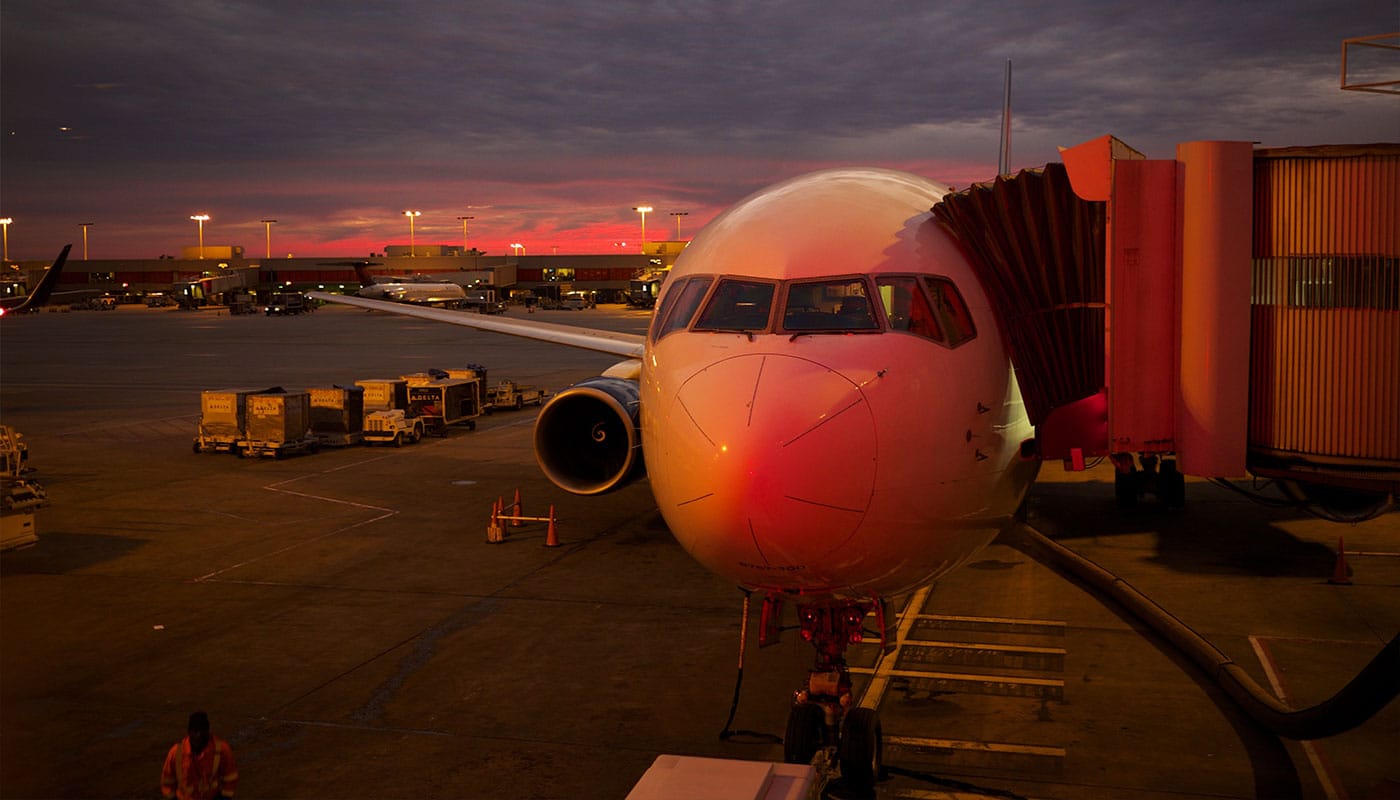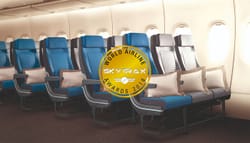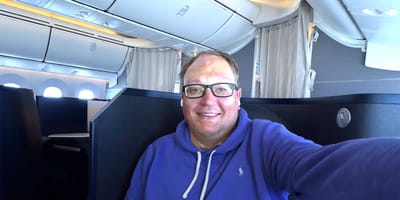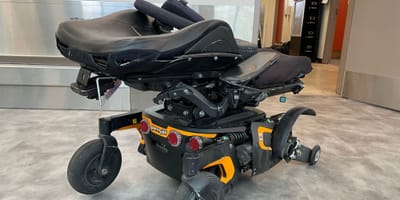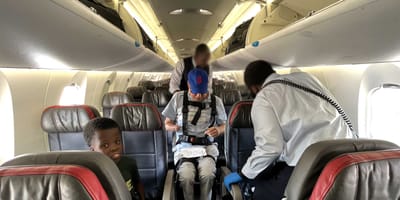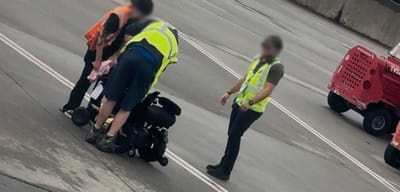“It wasn’t me! He did it!”
“The dog ate my homework.”
As a kid, I remember saying these things to avoid taking responsibility for my actions. But my parents and teachers were wise. They refused to let me pass the buck, whether onto my friends, enemies or even my puppy dog. I was taught to face the music.
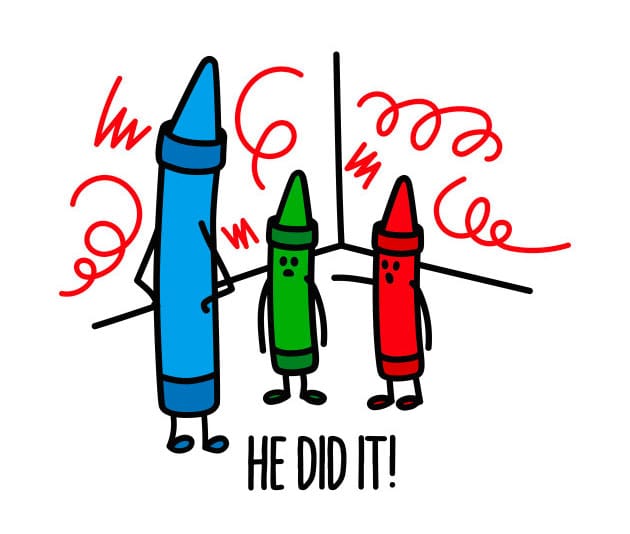
In the world of adults, government regulation and multi-billion dollar airlines, scapegoating remains a common tactic. Carriers employ public relations experts to curate their responses—to customers, shareholders and government investigators. When mistakes are made, customers are mistreated or laws are broken, we can expect a carefully crafted statement designed to downplay or shift the airline’s responsibility—typically onto one of its “airport contractors” or “vendors.”
That is why, when a disabled person complains to an airline about a negative experience, they’ll receive a canned response that affirms the airline’s commitment to doing the right thing:
“….to ensuring that our customers with special needs have pleasant and trouble-free flights” (American Airlines)
“….to providing assistance to all people with disabilities” (Delta)
“….to providing the best and supportive journey to anyone who needs that little extra consideration” (Virgin Atlantic)
Such replies often include statements about the failure of an “airport contractor” or “airport vendor” to meet the airline’s expectations. That is scapegoating, and it might even be deemed a false flag. Using the term “airport contractor” rather than “airline contractor” misleads people into believing that wheelchair pushers and baggage handlers are disassociated from the airline and paid for by the local airport authority. While this is true in many other countries, it is not in the United States.
Carriers form agreements with third-party service providers independently of each other and of the airport, which is why there are often multiple contracted agencies working at any given airport. Orlando International Airport provides a great example. Airlines operating at MCO outsource baggage handling and/or wheelchair assistance services to a number of companies, including Air Serv/ABM, Bags Inc., Falcon Airport Services, G2 Secure Staff and Prospect Airport Services.
In Orlando, American Airlines outsources wheelchair assistance to Bags, Spirit Airlines to Prospect and Southwest Airlines to G2. Each of these carriers employ their own ramp agents/baggage handlers directly.
At certain stations, carriers have even contracted labor through their own subsidiaries. Such is the case with Alaska Airlines and its subsidiary McGee Air Services, and with Delta Air Lines and its subsidiary Delta Global Services (DGS). This minor degree of separation, in effect, allows airlines to refer to their own employees as contractors.
Foreign airlines, who operate as little as one flight per day at some airports, often outsource the full complement of ground and passenger services, including the responsibilities of customer service, check-in and gate agents.
By playing the “blame game” in the face of disability service failures, carriers have created a fundamental misunderstanding of the relationship between U.S. airlines and the third-party contractors who employ wheelchair attendants, baggage handlers, skycaps, etc.
For passengers with disabilities, the services guaranteed under the Air Carrier Access Act are the responsibility of the airline, not the airport. ACAA rights include (but are not limited to) wheelchair assistance, boarding assistance, preboarding and the safe carriage of personal mobility equipment.
If carriers choose to outsource these responsibilities, they must ensure that the contractor is operating in accordance with federal regulations. When an airline attempts to pass the blame for ACAA violations onto an “airport contractor,” call them out for raising the false flag and inquire about how much oversight they exercise with respect to their own contractor. In nearly every airport in America, the answer to that question is “not enough.”
Deficiencies in the services provided by airline contractors can often be traced back to inadequate staffing, incomplete training, communication breakdowns and a lack of oversight. Solving these issues will require an investment—of time, leadership and money. Contractors will only deliver what the airlines pay for, and it seems they aren’t paying enough to guarantee ACAA compliance.
Carriers often attempt to convince disabled passengers that their poor experiences are “not typical of the standards we try to maintain” (JetBlue), but the issues we face are not rare. Scapegoating techniques are used to divert blame because they make people less likely to file a complaint with the Department of Transportation. But don’t be fooled—airlines hate DOT complaints because they open the door to massive fines. Those fines, in turn, signal that the status quo is unacceptable.
The multi-billion dollar airlines of today need to face the music, just like the 8-year-old John, whose teacher did not believe that the dog ate his homework. (It didn’t).

